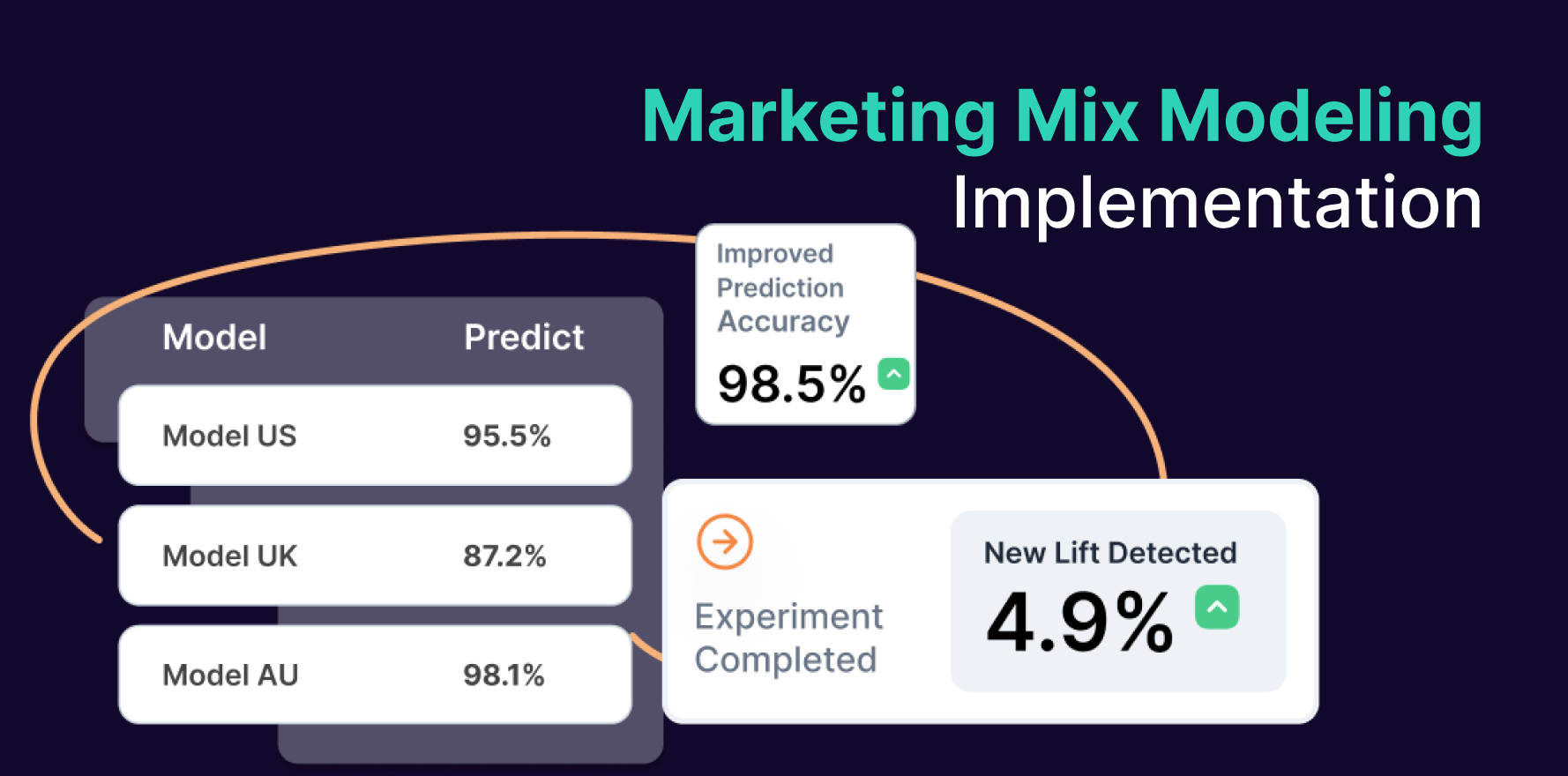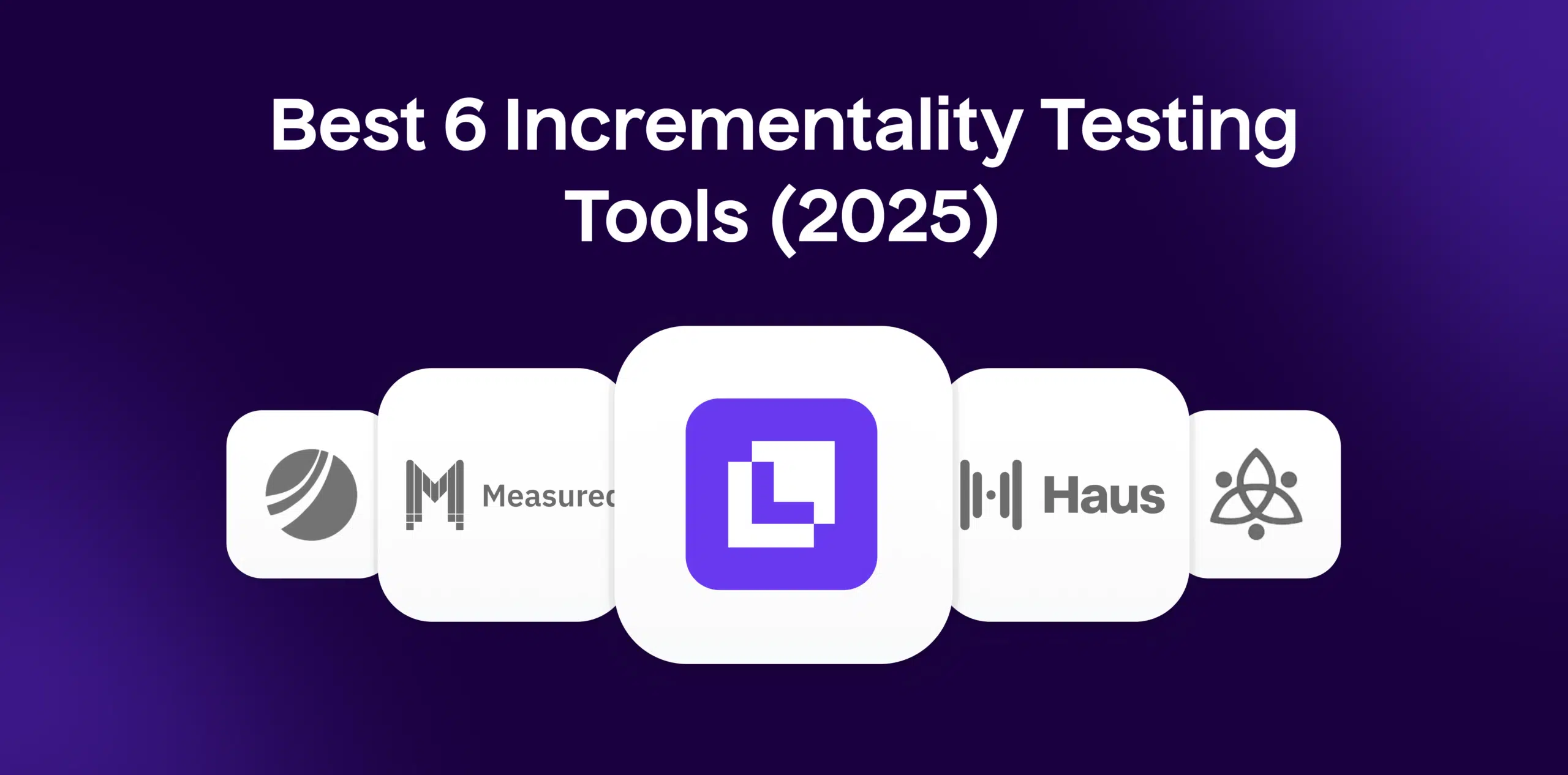What is Software Development Kit?
A Software Development Kit (SDK) often referred to as a “devkit”, is a set of software development tools that allows for the creation of applications for different software packages, software frameworks, hardware platforms, operating systems, and more. These devkits are essentially a toolbox for developers, and they encompass everything a coder needs to create an application, from simple desktop apps all the way to complex AI-powered e-commerce systems.
Indeed, SDKs play a critical role in modern e-commerce platforms. They are utilized to develop native mobile apps which consumers use to shop and make payments, and can also be used to build Applications Programming Interfaces (APIs) for integrating and extending the functionality of different e-commerce platforms.
Formula
There is no definitive formula for an SDK, as it can contain a myriad of tools, including but not limited to code libraries, documentation, virtual machines for testing, debugging utilities, etc. However, one can “build” an SDK through the convergence of these toolkits.
Example
A familiar example of an SDK at work is the Facebook SDK, which provides developers with tools to build applications, bots, and integrations with the social media platform. In an eCommerce context, it allows third-party vendors to tag products on their Facebook posts redirecting buyers to their online store.
Why is SDK important?
SDKs are significant to e-commerce for various reasons:
- They allow developers to build customized, efficient, and safe applications.
- They enable interoperability and seamless integration with other platforms and services.
- They provide ready-made tools that can expedite the development process, cutting down costs and time expenditure.
Which factors impact SDK?
Improvements to SDKs can be made through the continuous refreshment of content in the code libraries, inclusion of more software development tools, regular updates to align with changes in the platform for which apps are being developed, and improved documentation to assist developers in understanding how to use the kit.
How can SDK be improved?
Changes in end-user requirements, data privacy regulations, advancements in technology, and platform-specific constraints can hugely impact the workings of any SDK.
What is SDK’s relationship with other metrics?
SDKs impact various eCommerce metrics indirectly. For example, by enabling the development of user-friendly apps and integrations, they can improve customer experience metrics such as user engagement, conversion rates, and retention rates. Moreover, an SDK can facilitate the creation of better analytics tools, thus improving the accuracy of key performance indicators (KPIs).
Free essential resources for success
Discover more from Lifesight














